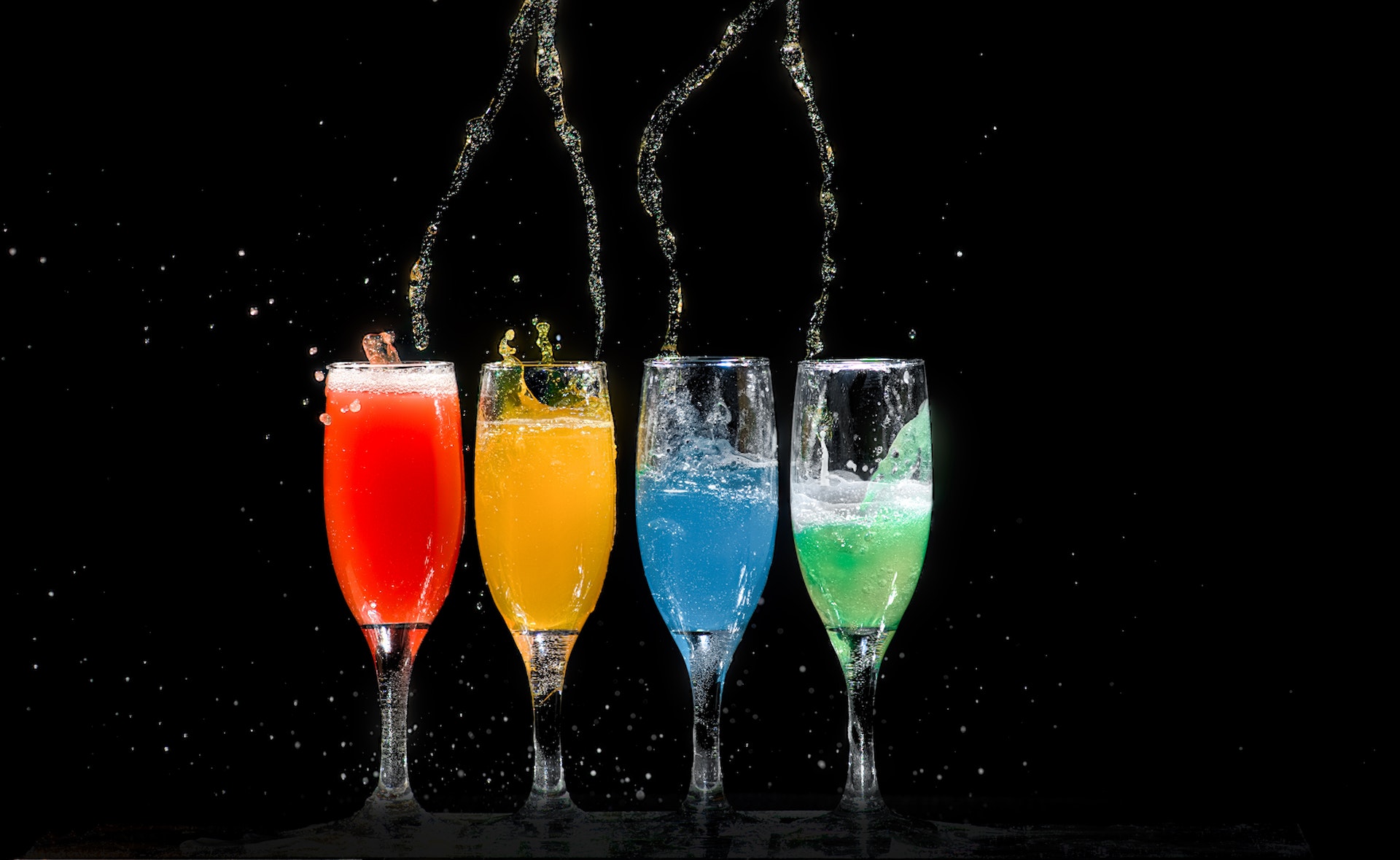If you go into a supermarket and pick up a commercial food or beverage product, there is an extremely high chance that you will find the ingredients of the product listed on the back of the label. Included in this ingredient list, are flavours! Flavours are small in quantity but they pack a punch and have the ability to completely change the sensory profile of a product. When it comes to beverage flavours, they can be categorized into natural and artificial. The difference between the two is insinuated in their title. Natural flavours are derived from a natural source such as oils, resins or extracts from plants, meats or fish. Whereas artificial flavours are derived from man-made substances, to mimic the taste of natural ingredients.
Natural Flavours
Implied in the name, natural flavours are extracted from natural ingredients. These flavours are typically extracted using various methods such as pressing, distillation and fermentation. They tend to have positive connotations associated with them as the word ‘natural’ suggests that the product using it is healthy. The flavour profiles tend to be more complex than its artificial counterparts.
The benefits associated with natural flavours are extensive, however, they don’t come without their drawbacks. They are more expensive to produce than artificial flavours, making them a popular choice for artisanal and high-end products who demand a premium to compensate for the high cost associated with the product. As with any natural product, the product itself cannot be controlled to abide various time and spatial constraints. Rather, factors such as how they were produced and their environment contributes significantly to their shelf life and flavour profile.
Artificial Flavours
Artificial flavours are man-made, through chemical processes in a lab. Typically made in high volume so as to achieve economies of scale make them a cheaper alternative to natural flavours. As they are made through a chemical process they are generally more consistent in taste than natural products. Similar to natural flavours, its name dictates how the flavour is perceived. Artificial is often observed as being subordinate to its natural counterpart.
This subordinate view is not completely justified, there are many redeeming qualities to artificial flavours. As mentioned previously, they are more consistent in taste to natural as well as the fact that they can be used to create a wide range of taste profiles that is either not possible or very difficult with natural ingredients. Artificial flavours allow brands to be more accessible to those with lower disposable income, which can make it an attractive choice for start-up businesses looking to find its feet in the marketplace

